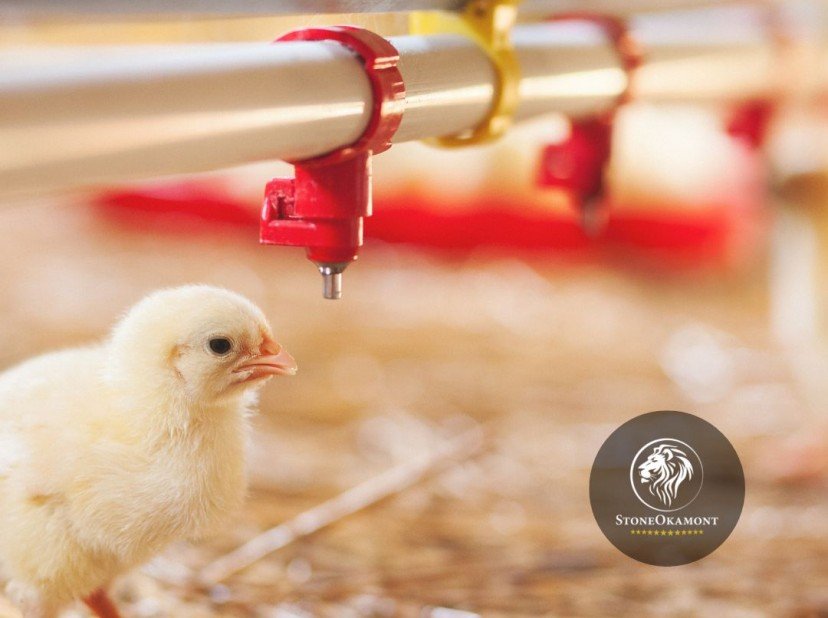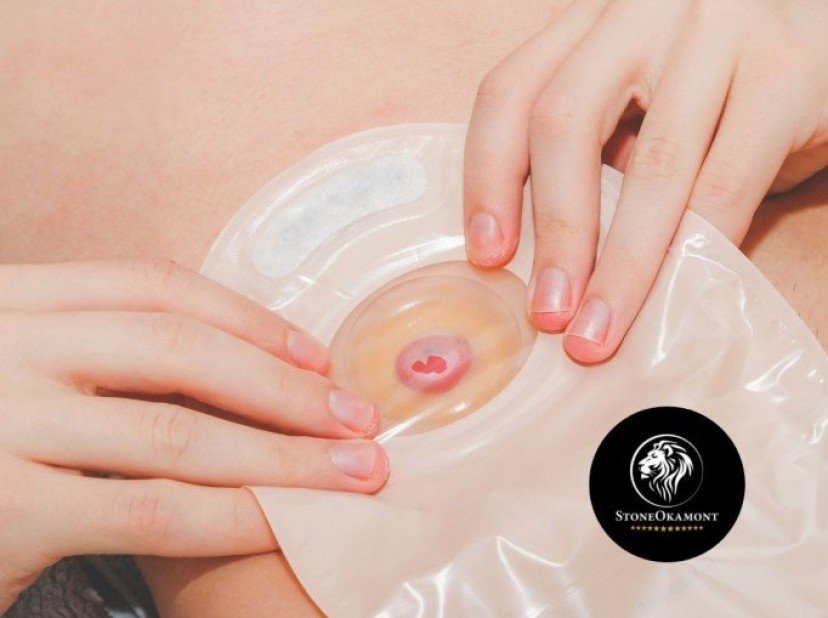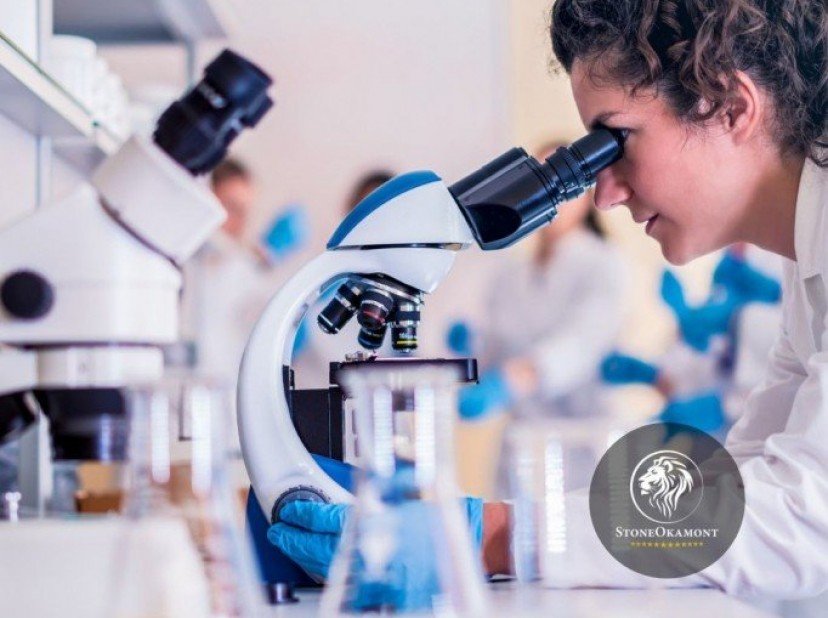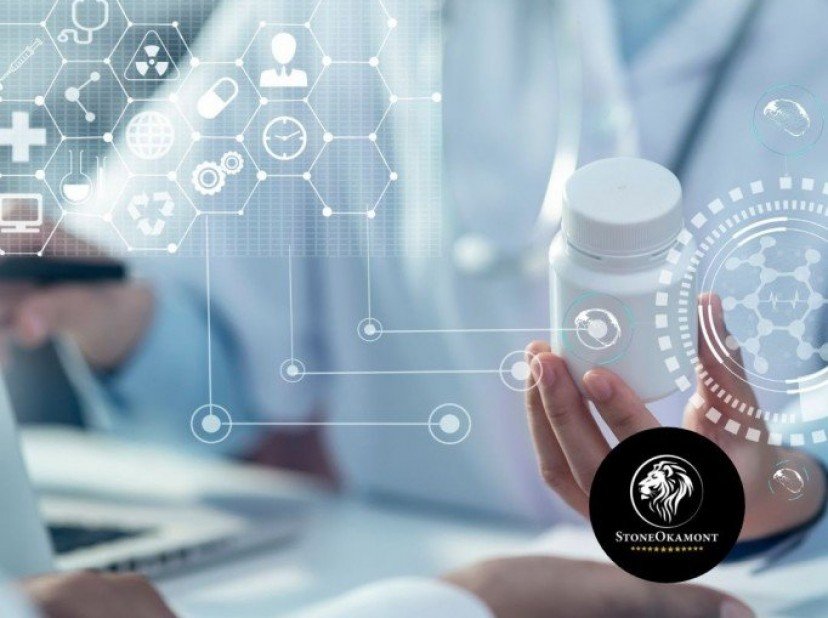
ANVISA zeroed the demand for analysis of test registration requests for Covid-19 diagnosis. According to the General Management of Health Products (GGTPS), the final technical statement regarding the last process awaiting analysis was issued on 29 July.
Of a total of almost 600 registration applications received, between March and July this year, 329 were approved. Another 100 orders did not meet regulatory requirements and were disapproved.
In order to reduce crowding in hospitals and expand the testing network, the National Health Surveillance Agency (Anvisa) approved the application of rapid tests for the detection of Corona virus in pharmacies. Establishments will not be required to provide the tests.
For those who adhere to the application of rapid tests in the establishment, measures must be adopted, protocols and guidelines established by Anvisa and the Ministry of Health.
For example, using test kits approved by the Agency, providing trained pharmacists to carry out the procedures, guaranteeing registration and traceability of the results and providing a different environment for those who will carry out the testing.
Request a budget
What kind of sample is used in the tests?
There are tests that use blood, serum or plasma and others that need samples of secretions collected from the airways, such as nasopharynx (nose) and oropharynx (throat).
What are rapid tests (IgM / IgG)?
This term has been used popularly for immunochromatographic tests. In the case of rapid tests for the new coronavirus, they are devices for professional use, manual, easy to perform, which do not require other support equipment, such as those used in laboratories, and which can give results between 10 and 30 minutes.
Home testing
Home tests can be performed, provided they are performed by a legally qualified professional linked to a clinical laboratory, collection point or outpatient or hospital public health service.
Are rapid tests (IgM / IgG) reliable?
There is an immunological window period, which is the time interval between infection and the production of antibodies at levels detectable by a rapid test, which needs to be considered and which is not less than eight days after the onset of infection.
If testing occurs within the immunological window period, the test result may be negative even if the person is infected (false negative). This situation does not necessarily correspond to a product failure, but to failure to observe the warning as to the appropriate testing period.
Want to know the news of ANVISA and MAPA? Follow us on our social networks @stoneokamont






